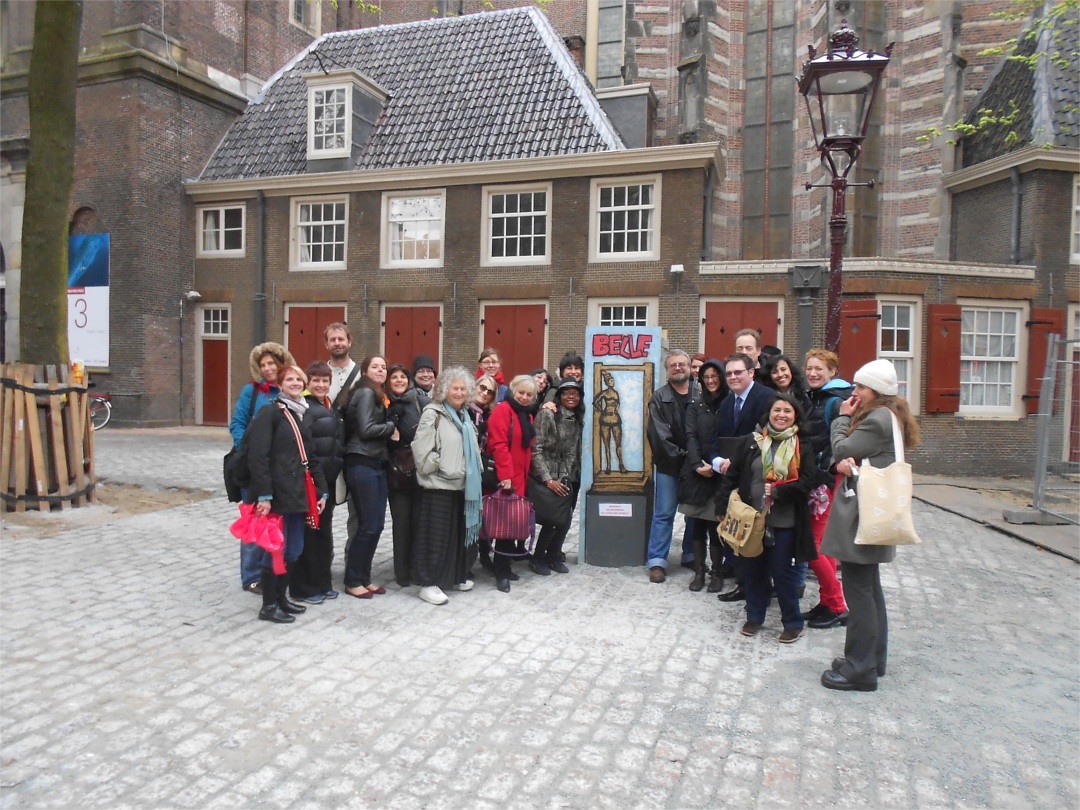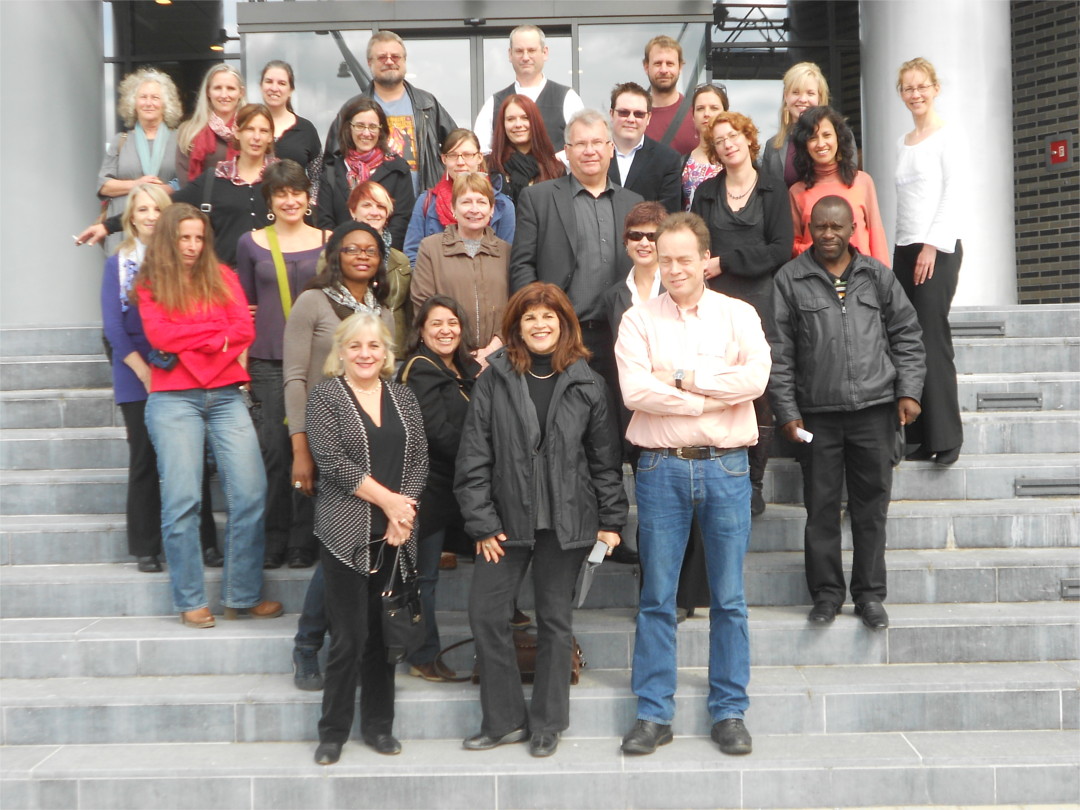This project attempts to achieve a comprehensive overview on prostitution from a global labour history perspective. It studies prostitution as a societal phenomenon as well as a form of labour, and focuses, therefore, on prostitutes’ working/living conditions and work culture. The project follows a research model of earlier comparative projects conducted by the International Institute of Social History on the history of dock and textile workers.
In the first phase of the project we seek to collect urban studies on the history of prostitution in different countries for the period between 1600 to the present. To facilitate international comparisons the authors of these urban overviews will be requested to respond to the topics/questions that are listed in a framework document.
In the second phase of the project, and based upon the collection of urban overviews, a number of authors will be invited to write thematic comparative papers on prostitution with relation to migration, regulation, war/army building, colonisation, ethnicity, labour market and living conditions, influence of male working environments such as ports and army camps, socio-demographic profiling of prostitutes, prostitutes’ activism and (national and international) organisation, and societal views on (female) prostitution and masculinity. This conference too place in April 2013, which led to very lively discussions and high-quality academic papers, which will be published in an edited volume in 2017.
For more information on this project see: https://socialhistory.org/en/projects/selling-sex-city
My key publications from this project:

